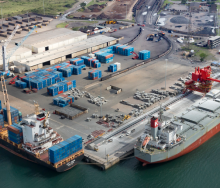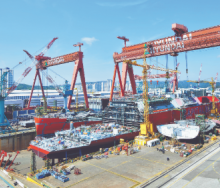Every time there is a decrease in the price of fuel, the cost per kilometre per kilogram to transport goods reduces, says Gavin Kelly, chief executive officer of the Road Freight Association (RFA).
Of course, it depends on the type of operation.
"This can be between 30% to 40% of the daily operational cost and is one of the largest aspects of the cost of a freight company," not forgetting related lubricant products.
"The reduction in the fuel price is always a good move for transporters, as this has a positive impact on the revenue streams for operations – allowing a better margin, allowing the refurbishment of equipment and the steady building of reserves to deal with larger operational needs (equipment replacement, maintenance, driver upskilling, etc)," Kelly says.
"It is also true that lower transport costs (through lower fuel input prices) will translate into lower retail transport and storage costs, which will benefit the consumer."
Therefore, the latest announcement that the fuel price will significantly decrease from midnight, 7 June is good news, the RFA has said in a statement.
The association added that the pressure on the basket of goods used to calculate inflationary pressures would decrease (which includes the direct fuel cost, as well as the resultant knock-on effects at manufacturing and distribution).
The drive to find alternative fuel-source vehicles, as well as better fuel-efficient vehicles, is also beginning to have more impact, the statement said.
In the long term, if the decreases continue (and there seems to be another decrease forecast for July), there will be relief on all commodities in the supply chain and relief for consumers.
Hopefully, the upward inflation pressure will ease, making life much easier for everyone concerned.













